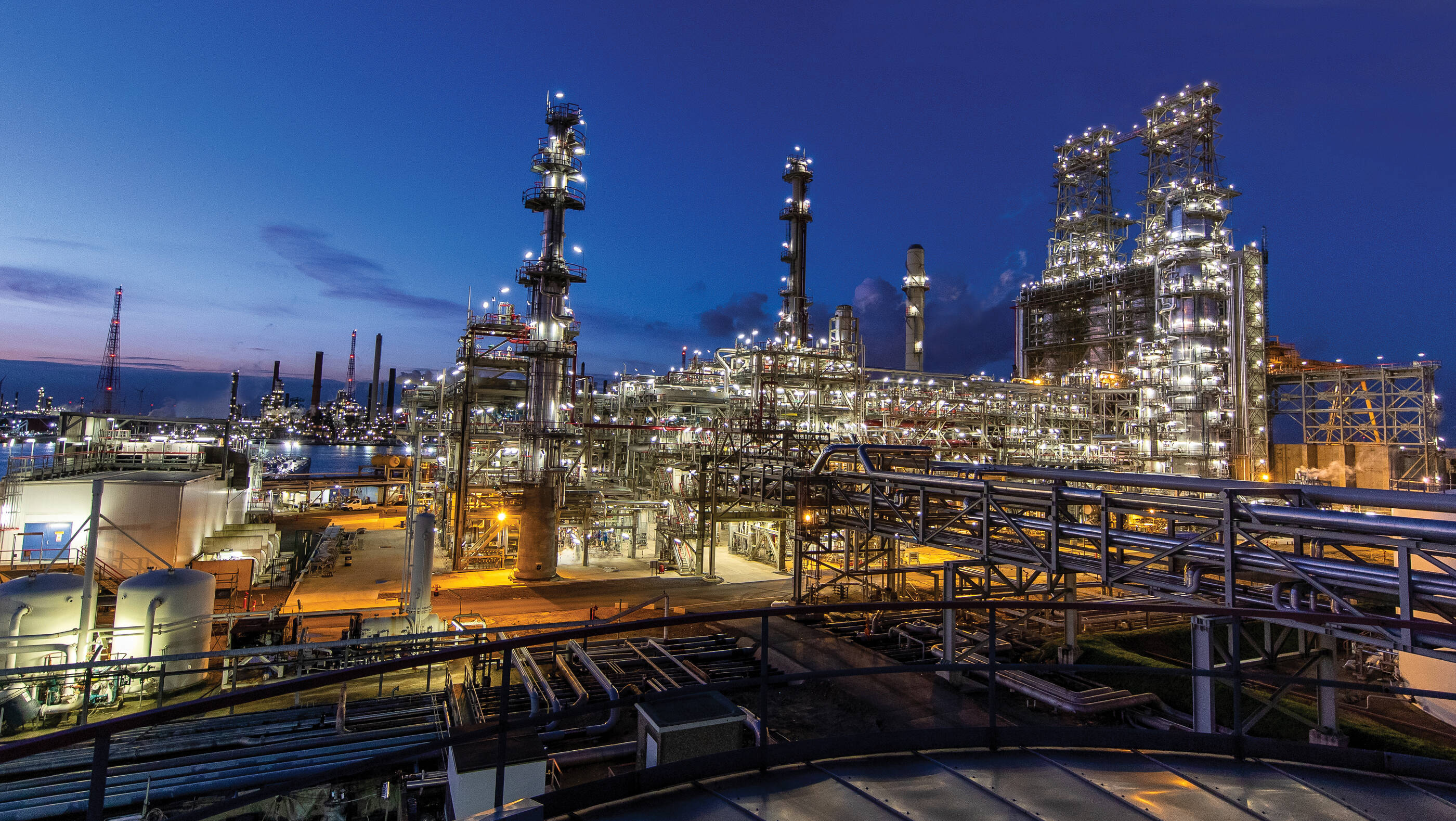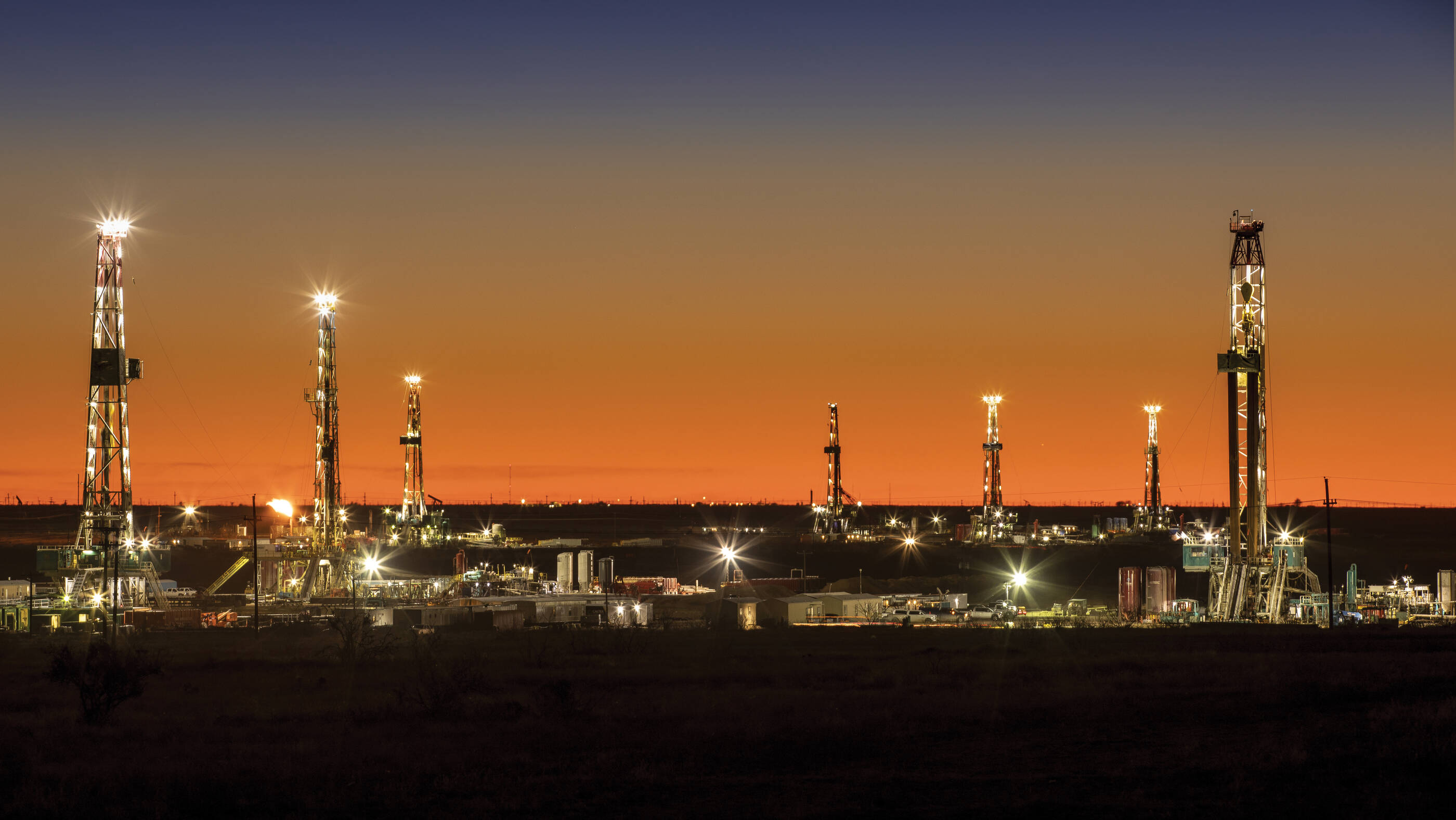Deepwater
In this article
Guyana
In Guyana, our exploration success has resulted in 18 discoveries and estimated oil equivalent recoverable resources approaching 9 billion barrels. We are efficiently developing these discovered resources while maintaining an active exploration pace to test multiple remaining prospects across all blocks. ExxonMobil’s proprietary reservoir-simulation technology strengthens project development and depletion planning, and helps to identify additional synergies throughout the multiple phases of development.
The Liza Phase 1 development achieved first oil in December 2019, less than five years after initial discovery, in approximately half the time of the industry average for projects of this size. The Liza Phase 2 development is on track for start-up in 2022. A subsequent phase of development, Payara, is targeted to start up in 2024. These three developments, combined with two additional floating production, storage, and offloading vessels, are expected to produce more than 750,000 barrels of oil per day by 2026.
We have worked to develop a strong partnership with the government and people of Guyana as it becomes a significant global producer. As part of our commitment to develop the value of this opportunity for the country and its people, more than 700 local vendors and suppliers and nearly 1,900 Guyanese have worked on our developments to date. In addition, ExxonMobil Guyana has committed more than $12.5 million in community investments across all regions of Guyana since 2015. Our focus areas include STEM education, youth, women, community empowerment and environmental sustainability.
Brazil
We strengthened our global portfolio by capturing blocks offshore Brazil, one of the world’s most promising exploration plays. ExxonMobil’s acreage position is among the largest in Brazil, with 2.5 million net acres. We operate more than 60 percent of our 28-block portfolio.
The Uirapuru Araucaria-Sul well spud concluded in April 2020. Hydrocarbons were found and the regulator, National Agency of Petroleum (ANP), was notified. Well data will be analyzed to further guide exploration activities. Multiple exploration wells are targeted for 2020-2021 across the Santos, Campos, and Sergipe-Alagoas basins.
In addition to the exploration program, we finalized the purchase of an additional 3.5 percent interest in the BM-S-8 block (Bacalhau field, formerly Carcara), increasing our net interest to 40 percent.
Global exploration
Our deepwater exploration portfolio includes plans to drill multiple wells in 2021, including opportunities in Guyana, Brazil, and the Eastern Mediterranean. ExxonMobil maintains one of the most active deepwater exploration programs in the industry with deepwater acreage positions in 27 of the 34 countries where we are actively exploring.
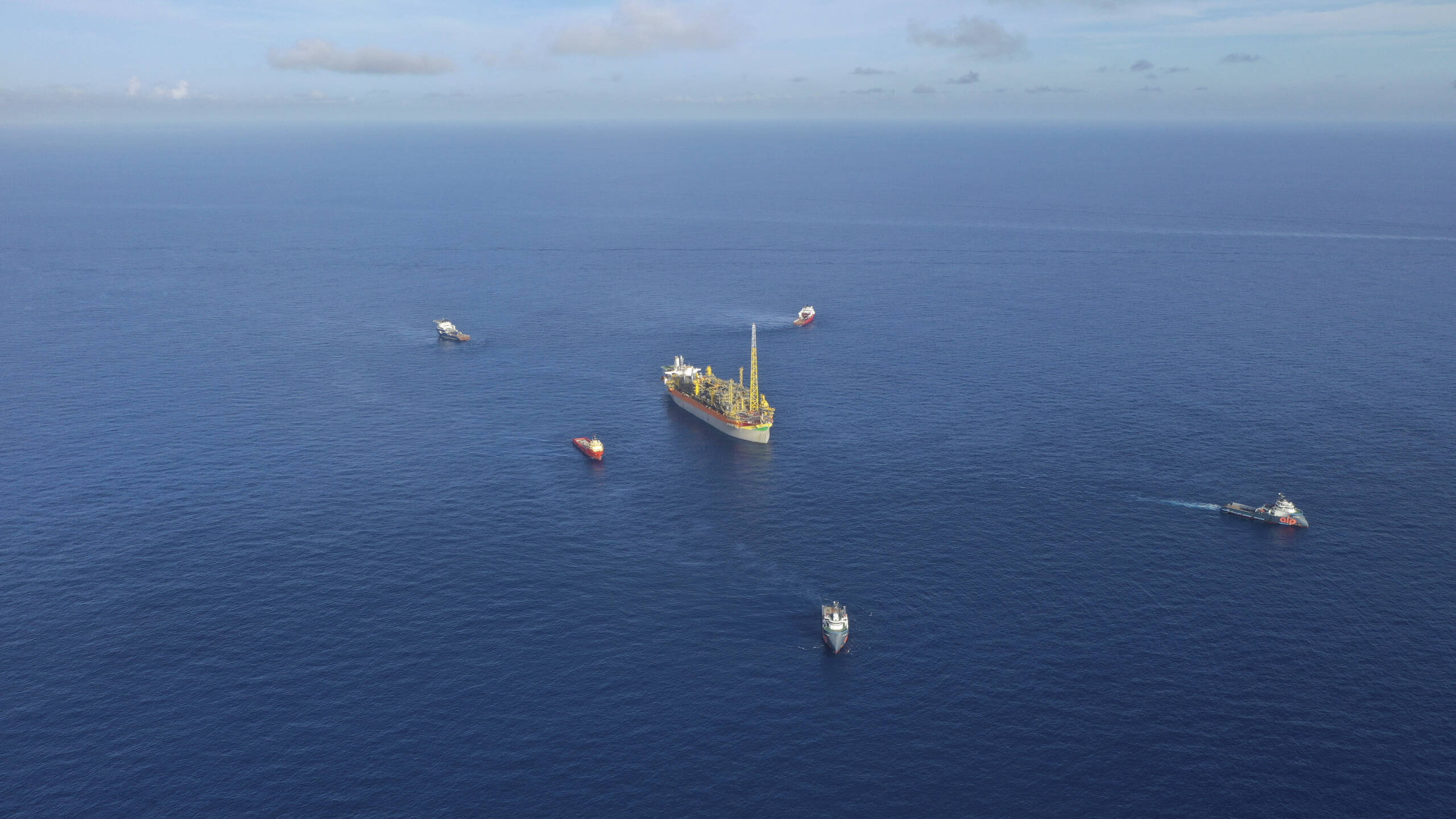
Related content

Deepwater
Our unique challenge consists of deploying technologies and methods to safely develop a wide range of resources both onshore and offshore in diverse locations around the world.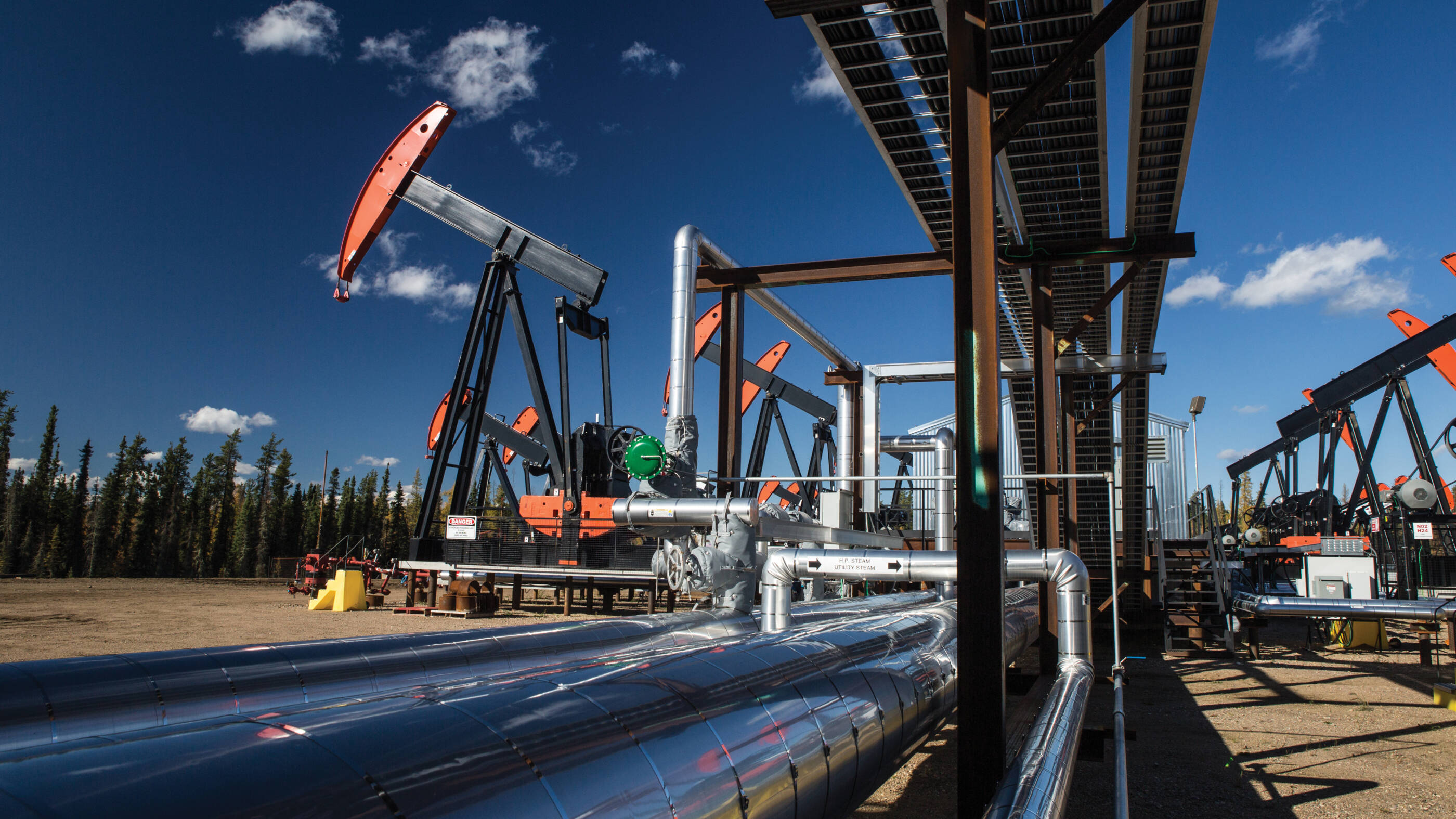
Heavy oil
ExxonMobil and its majority-owned affiliate Imperial Oil Limited (IOL) have a significant heavy-oil-asset portfolio.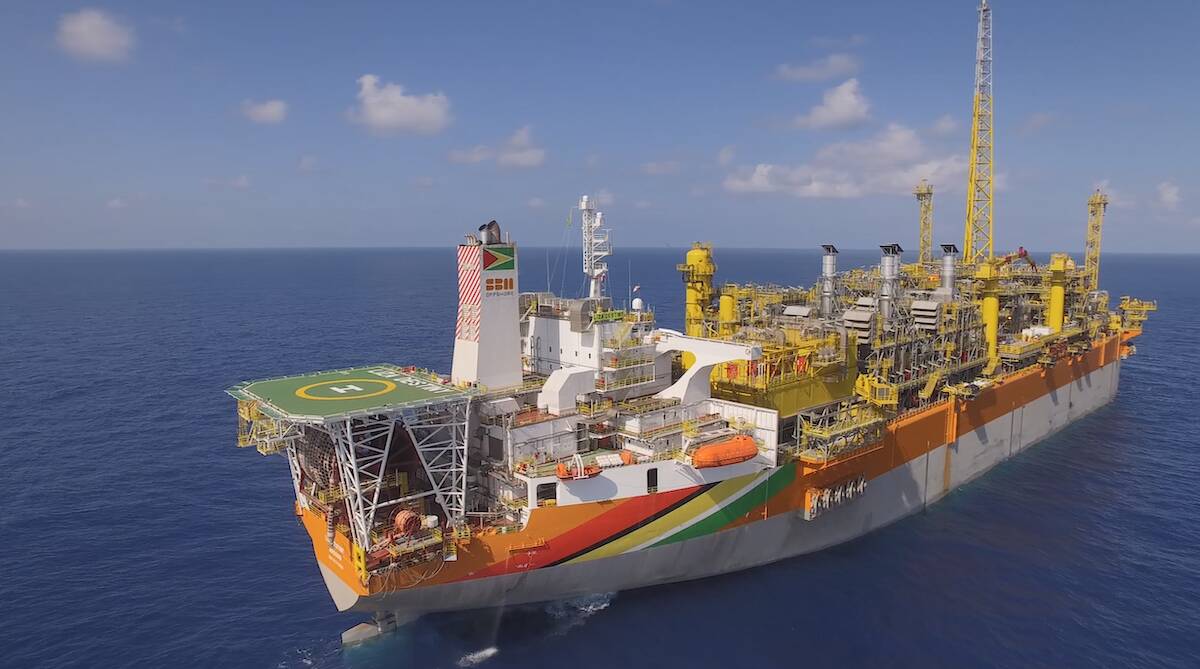
Strengthening the portfolio
ExxonMobil invests in exploration and growth assets to maintain a pipeline of high-quality future developments to offset the natural decline of producing assets.